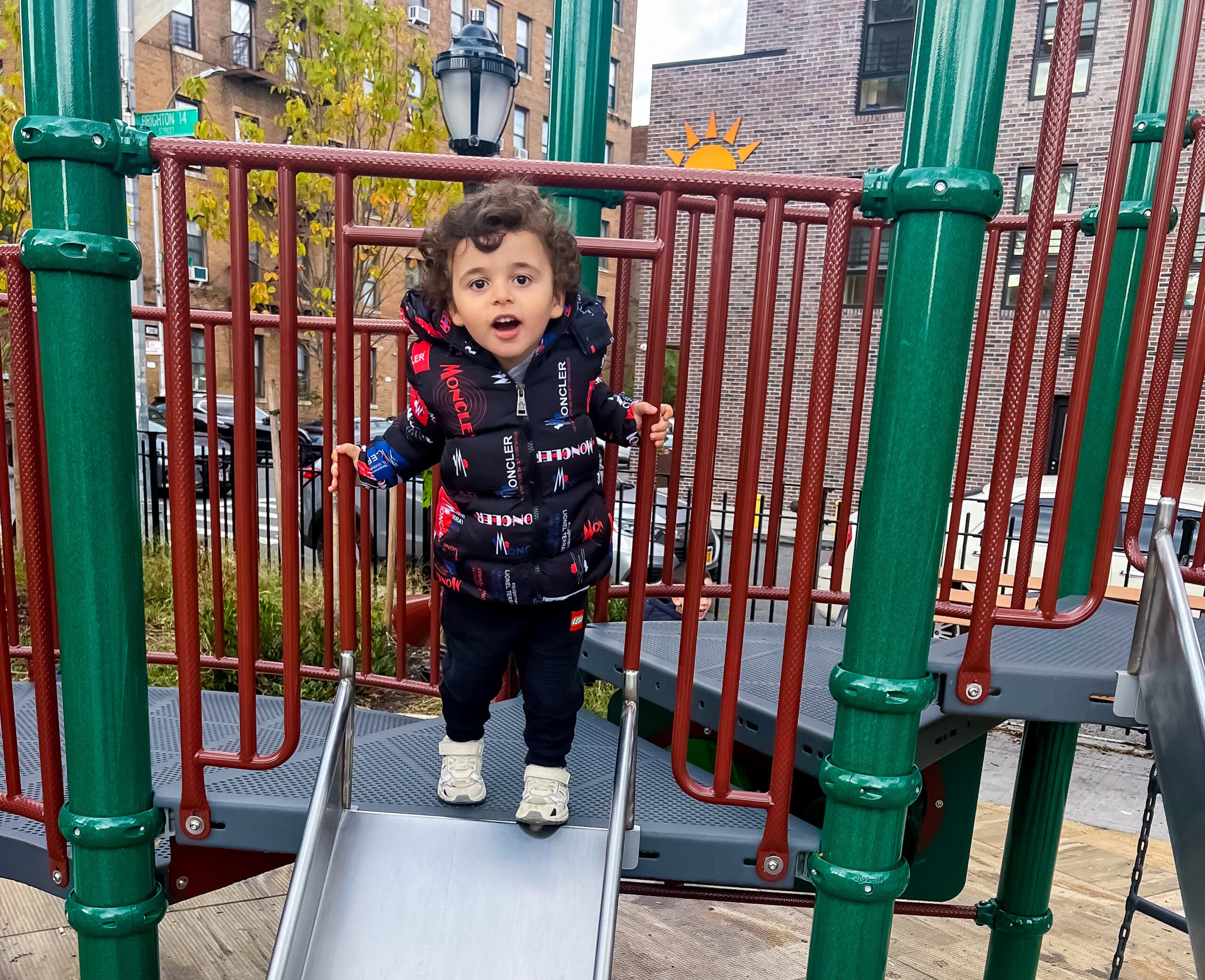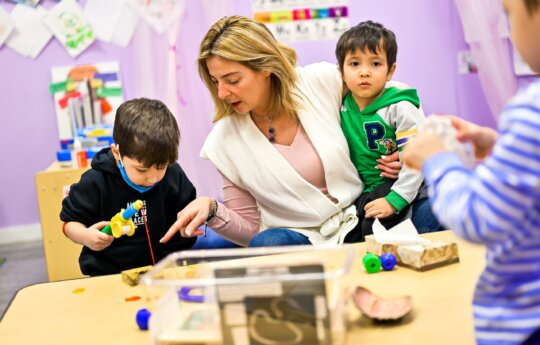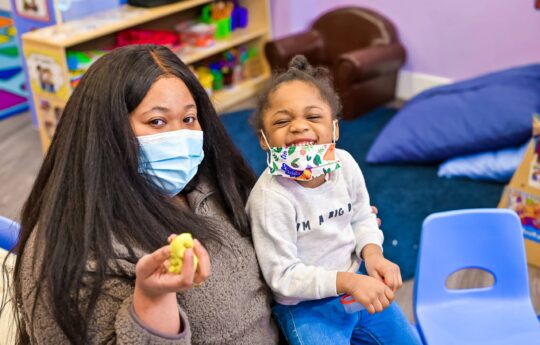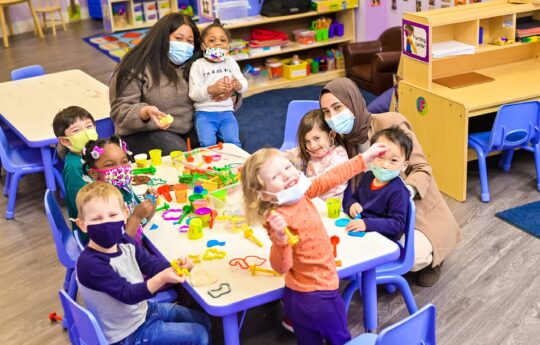
The first thing that comes to mind is to turn on kid cartoons or let them play with the tablet. However, pediatricians do not recommend getting carried away: children under the age of 5 should not spend more than an hour a day in front of a computer or TV screen.
Even if some kids can keep themselves occupied with toys for hours on end, parental supervision is still crucial for children’s development. Young parents frequently only think about routine playground strolls, but kids also require other kinds of physical and mental exercise.
Board games
The entire family can be amused at the same table while seated around a board game. There are a lot of fun board games on the market right now. Additionally, a range of games is now completely available, when in the past there were just “walkers” with a cube and chips on the field. Many of them are perfect for kids of all ages.
Educational games
Thanks to the educational games, your child will improve fundamental abilities and skills, become more proficient at counting and reading, master the multiplication table, and gain familiarity with fractions and geometric shapes. They also develop the capabilities of communication, memory, logic, agility, and strategic thinking. These games are enjoyable for adults as well. When traveling, it is best to bring small games with minimal requirements for steadiness and no tiny, easily lost details (when driving in transport, such games just fall apart and may upset the baby).
Arts & crafts
Encourage your child to take part in artistic endeavors including felting, decoupage, embroidery, knitting, card making, and scrapbooking. For creative projects like sand paintings, building and painting plaster figures, making picture frames, painting by numbers, working with felt and fur, making toys, making photo albums, and creating three-dimensional applications, you can purchase ready-made kits.
Active games
Naturally, it is pretty challenging for a child to sit still. Tossing the ball to the kid helps with coordination development. Play “mirror” by having the child mimic all of your gestures before switching places. On a walk, play catch-up and at home, play hide and seek. Create a physical education area in your home, if you can. Even a plain Swedish wall with a used mattress underneath will do.
Tips you can use to pick the right game and entertainment:
- Always keep the age restrictions in mind while buying board games, novels, and coloring books. Small toys and puzzles, for instance, should not be given to children under the age of three because they provide a risk of choking, ingestion, and tongue disease.
- Pick paints that are easy to wash off of hands and clothing. Always read the product packing and labels. It is advisable to get water-based or natural pencils.
- For active children, it is ideal to have a selection of universal toys that will keep their hands and imaginations occupied. For instance, a constructor, stickers, cubes, finger toys, and those that can be used for a number of activities.
- Coloring books, puzzles, and educational books are appropriate for calm children.
Because children desire to see and learn something new every day, the age range of 2 to 4 years is ideal for new discoveries. Therefore, it is the parent’s responsibility to offer them these experiences in order to give them a foundation for complete development and self-expression.
Many parents overlook one rule when deciding what to do with their child at home: it is more necessary to keep the child occupied in a way that they learn from the spent time doing something rather than what kind of activity to come up with. The solution is easy – believe in the fairy tale yourself and have fun with the child. If parents pretend to be interested in the game while secretly hoping that it ends sooner, children will sense the insincerity and stop finding enjoyment in the activity.
The child will grow independent, intelligent, and conscious if everything is done properly even in terms of entertainment and games. In the future, a kid who is well-developed would study more effectively in school, easily communicate with other kids, and have a variety of interests. The most important thing is to work with the child consistently and avoid wasting time. And there won’t be much of a wait for the initial results.




